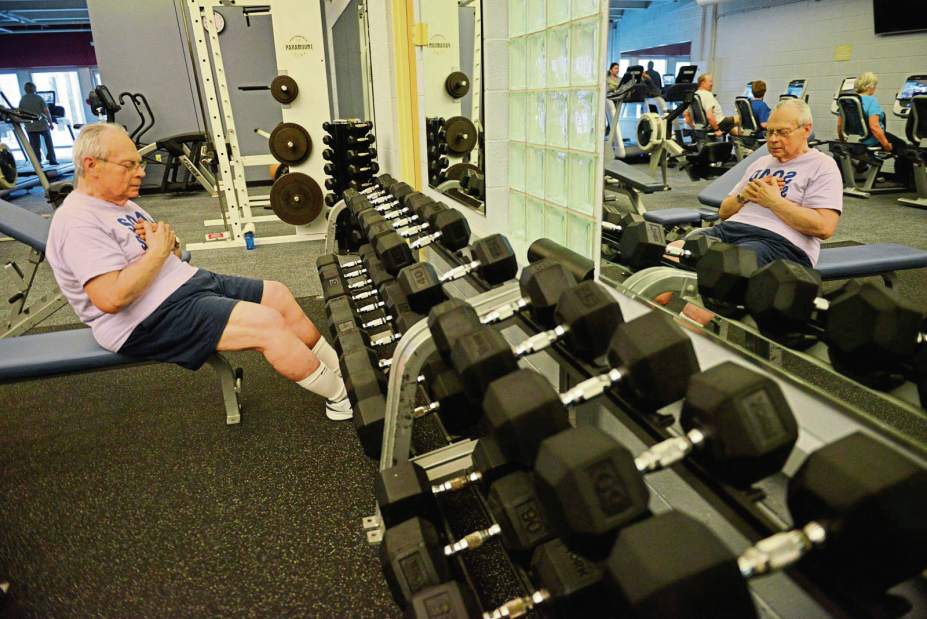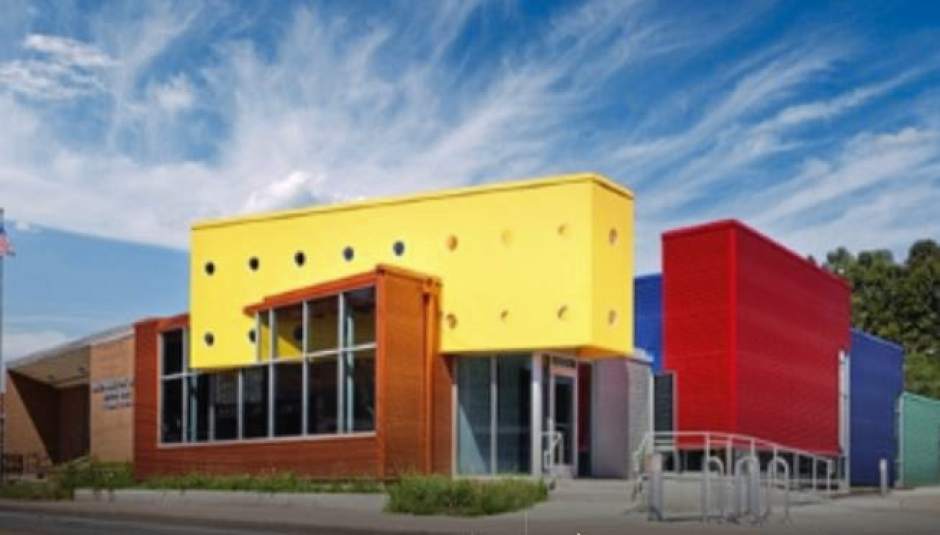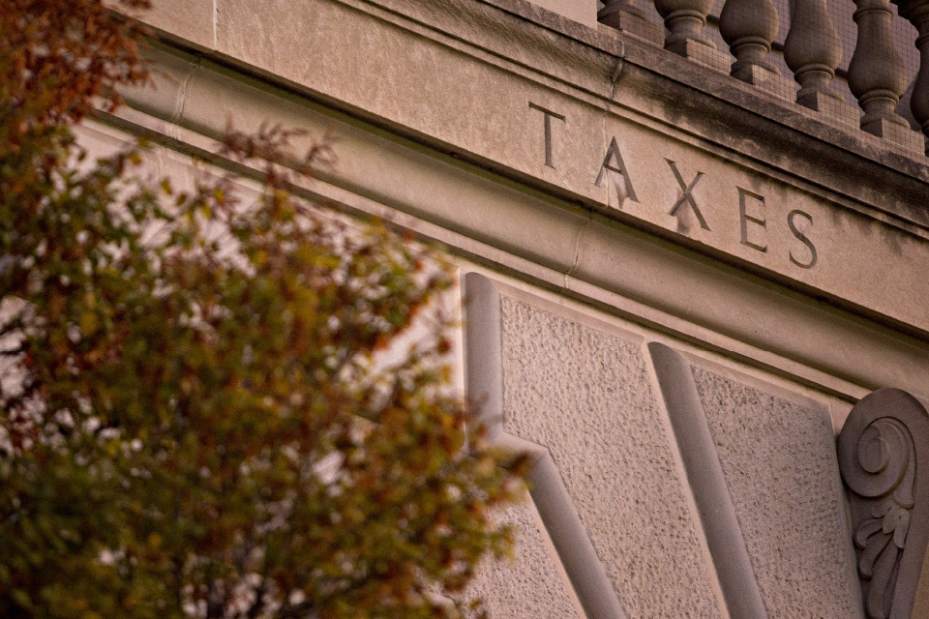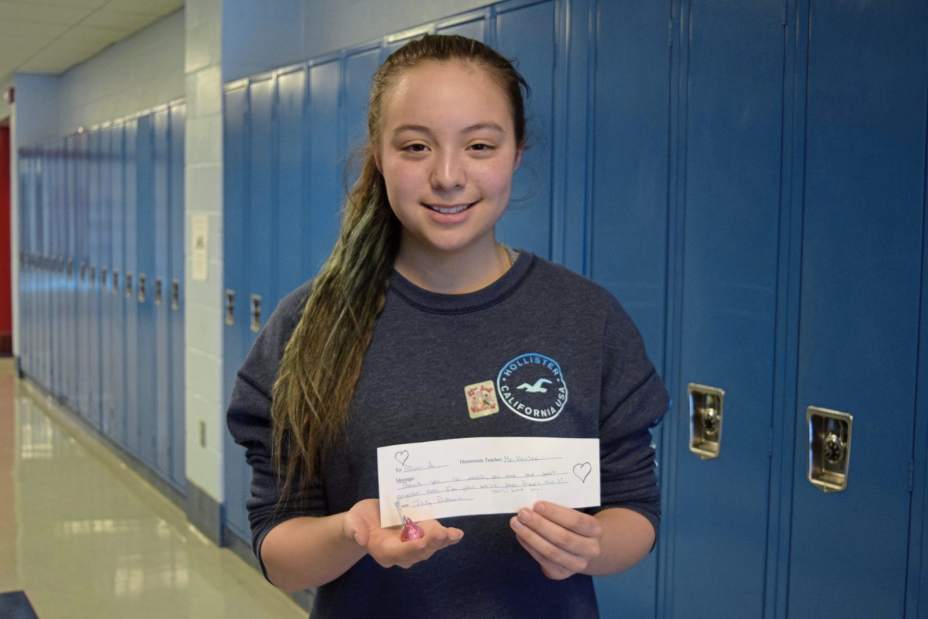The caption under the senior picture of James "Buster" Clarkson in the 1933 Jeannette High School yearbook reads, "An upright man, admired by all, He won his fame playing football."
During his junior year, Clarkson played halfback on the undefeated 1932 Jayhawks football team. He is listed in the yearbook as one of 11 seniors who also lettered in basketball.
But it was baseball where Clarkson reached the heights of fame.
The first indication of his baseball skills occurred during a high school interclass game at West Jeannette when Clarkson was 16.
"He drove a pitch over the left field fence, considered a noteworthy feat even for the professionals of the Middle Atlantic League and Penn State leagues who played at the same ballpark," said John Howard, president of the Jeannette Area Historical Society.
Clarkson was born on March 13, 1918, in Hopkins, S.C. His parents, William and Anne, moved their family to Jeannette when the young Clarkson was 6 years old. His father worked at General Tire, while his mother stayed home and raised their seven children.
Clarkson's athletic prowess was recognized by Wilberforce University in Ohio, which offered him a scholarship. He played four years of football, baseball and basketball and received All-American football recognition from the Pittsburgh Courier newspaper.
After college, Clarkson was drafted by the Pittsburgh Crawfords baseball team, of the Negro National League. He was known as a right-handed power hitter who played all the infield positions.
The Negro National League was formed in 1933 by Pittsburgh bar owner Gus Greenlee after two other leagues fell victim to financial difficulties. A second league, the Negro American League, was organized in 1937 and brought the best clubs from the South and Midwest into its fold.
Greenlee's Pittsburgh Crawfords dominated baseball during the mid-1930s until the Homestead Grays took the title from the Crawfords and won nine consecutive Negro National League titles from the late 1930s through the mid-1940s.
Clarkson spent one year with the Pittsburgh Crawfords in 1937-1938. He then went to the Toledo Crawfords in '39, the Indianapolis Crawfords in '40, Newark Eagles in 1940 and 1942, the Mexican League in 1941 and 1946-47, and the Philadelphia Stars in 1942, 1946 and 1949-50.
Marcus Clarkson, Buster's younger brother, used to love to watch him play ball.
"I used to sneak on the bus to the away games. It was wonderful to see him play," said Marcus Clarkson, 81, of Jeannette. "I used to play catch with him. He would have my hand so sore, but I would never tell him to quit."
Their parents also had the opportunity to see their son play professional ball, but it wasn't always a positive experience.
"My dad was real strong. There was discrimination in those days, and he would get into fights over people calling names when my brother played ball," he said.
Buster Clarkson was drafted into the U.S. Army during World War II and was stationed in the South Pacific. Even during wartime, he couldn't forget baseball.
"He organized a ball team for his troops," said Marcus Clarkson, who was one of the Tuskeegee Airmen, the first blacks to fly combat missions during the war.
Once the war ended in 1945, and the brothers were honorably discharged, Buster Clarkson resumed his baseball career, while Marcus Clarkson began work for the Pennsylvania Railroad. The job enabled him to ride the train for free to see his brother play in Philadelphia.
"We wrote to each other and he told me he was going with this girl in Philadelphia," he recalled. "She was a beautician, and I went to her shop to meet her."
Buster Clarkson and his girl, Irene, eventually married.
"When he was playing winter ball in Puerto Rico, Irene was pregnant. She came to Puerto Rico to be with Buster, and their son was stillborn," said Ruth Clarkson, Marcus' wife. "They never had any other children."
Roberto Clemente met Buster Clarkson when he played with the Santurce Crabbers in the Puerto Rican Winter League. He and other Negro League players took the young Clemente under their wing.
"Buster was Clemente's first coach in Puerto Rico. And he was instrumental in getting Clemente to Pittsburgh because of his recommendation," Ruth Clarkson said. "Clemente made a public announcement at one of the games about Buster being his first coach."
After 14 years in the Negro League, Buster Clarkson was drafted in 1952 by the Boston Braves, where he batted .200 with only 25 at-bats. The Braves then moved to Milwaukee.
"When he got to the Milwaukee Braves, his career was winding down," Marcus Clarkson said.
A city ordinance barred Negroes from using the clubhouse at Municipal Stadium in 1952. Buster Clarkson was told by Jack Tighe, manager of the International League Club that he could dress alone in the National Guard armory across the street, but he was so respected and liked by his teammates they followed him to the armory.
Once his baseball career was over, Clarkson went back to Jeannette and worked at the American Saint Gobain Glass factory. He died of cancer on Jan. 18, 1989, and is buried in Brush Creek Cemetery, Irwin.
"While in the Negro League, Buster was credited with the longest homers ever struck at the Harrisburg and Norfolk ballparks," Howard said. "His career batting average in the Negro League was .359."
In 1984, he was inducted into the Pennsylvania Hall of Fame.
"Two chartered buses filled with people from Jeannette went to Hershey for Buster's induction," Ruth Clarkson said.
The baseball field in West Jeannette was named in honor of Buster Clarkson and was rededicated by the Westmoreland County Commissioners on July 26, 2003. Every year, the Greensburg/Jeannette branch of the NAACP holds its Blast from the Past Arts and Heritage Festival there.
"If a poll of Jeannette's adult citizenry could be taken, Clarkson would probably emerge as the choice for best all-around athlete ever to graduate from Jeannette High School," Howard said.
The love of baseball continues in the Clarkson family. Marcus and Ruth Clarkson's grandson, Marcus III, is the varsity baseball coach at Jeannette High School. He also plays for the Jeannette Wildcats in the Pittsburgh Baseball League.







